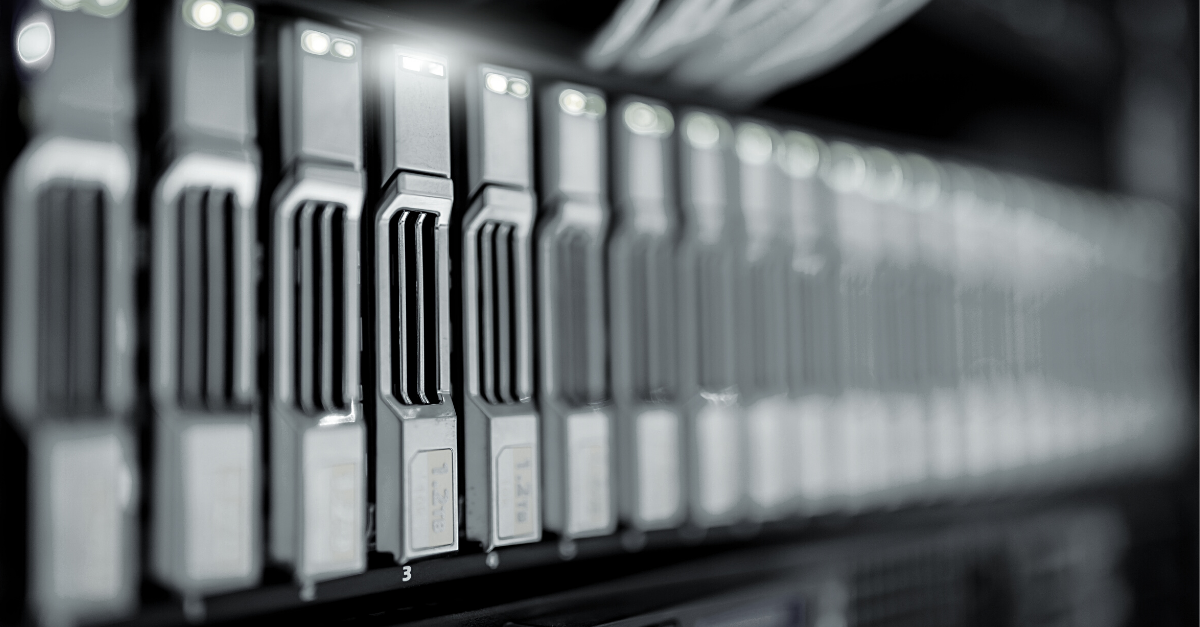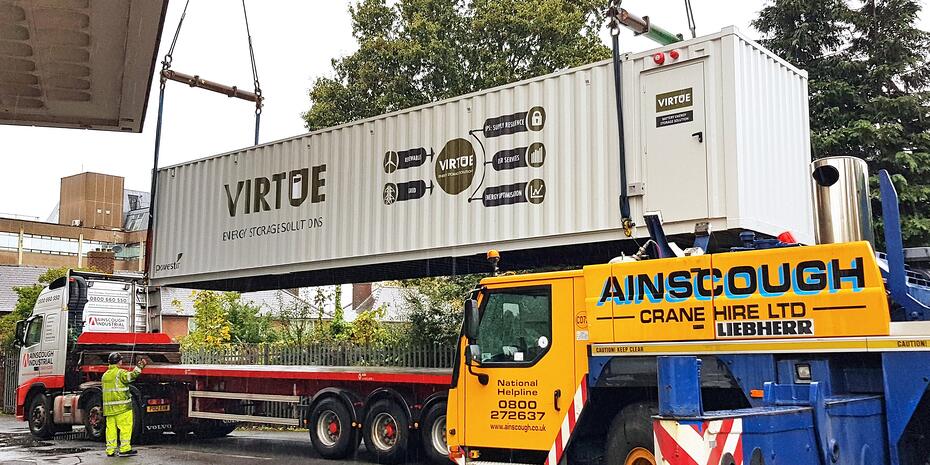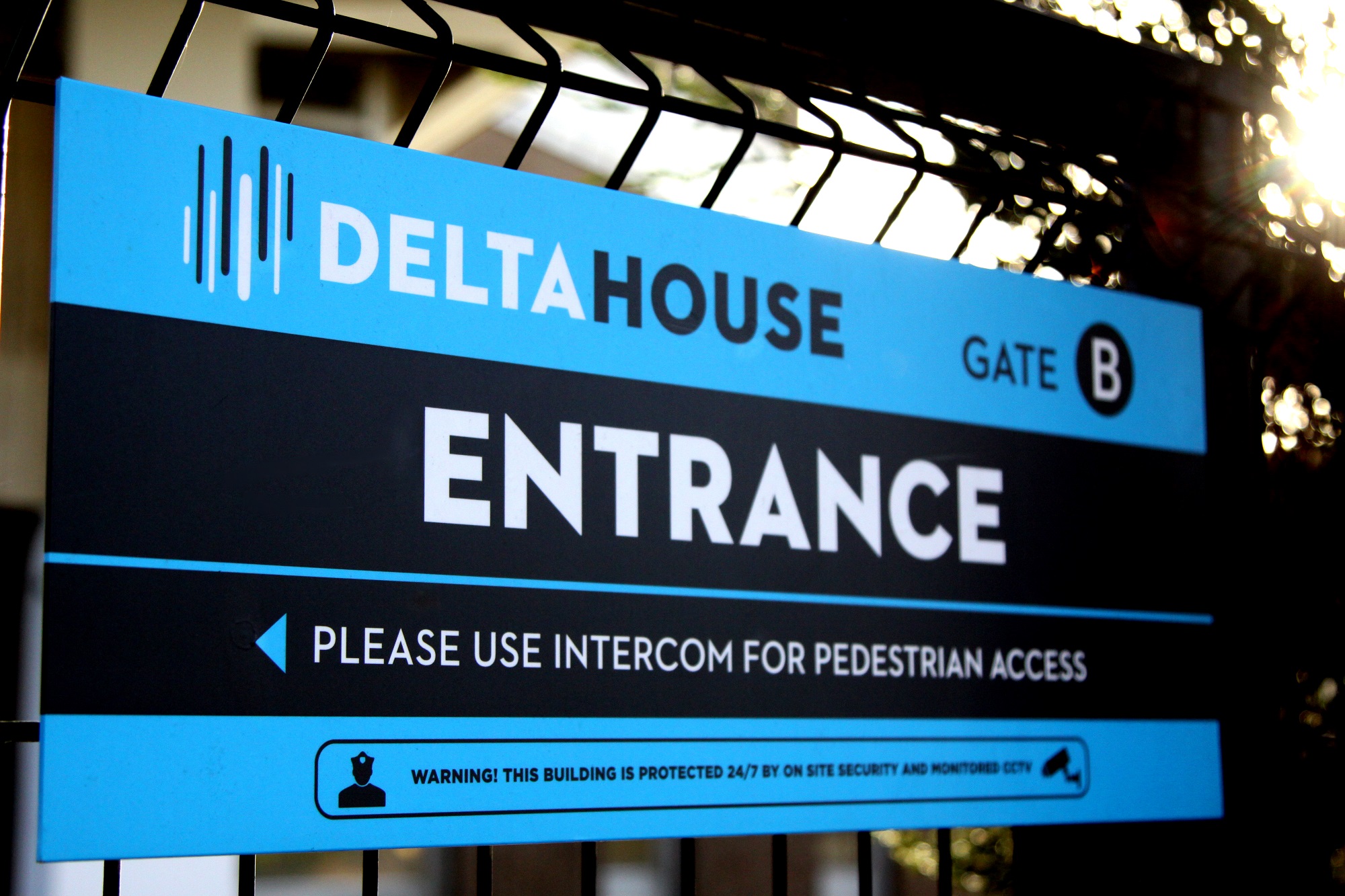
Internet Protocol (IP) addresses are a crucial resource for the functioning of the Internet.
Almost all the IP addresses in use today are IPv4, the fourth version of the Internet Protocol that was adapted and is now widely used in data communication over different kinds of networks. Yet, experts predict that within the next few years we will see the last of new web addresses and it’s likely that the next IP standard could be years away from widespread deployment.
Internet growth is so dramatic that it means potential IPv4 addresses are running short on supply. A new standard called IPv6 is likely to solve the problem with trillions of possible combinations, but practical technicalities are delaying its widespread implementation, probably for many years to come.
What exactly is IPv4?
IPv4 is the underlying technology that makes it possible for us to connect our devices to the web. So, whenever a device accesses the Internet it is assigned a unique, numerical IP address which is a unique code the Internet uses to connect us all. Your IP address identifies both the type of network you’re part of as well as your individual “host” or computer.
IPv4 Exhaustion
More recently, you may be more familiar with the phrase “IPv4 exhaustion”, this doesn’t mean that the Internet will stop working all together, it’s simply the term used to describe when there will be no more unallocated IPv4 addresses available.
So what are the consequences if networks can’t get new IP addresses?
- A shortage of IPv4 addresses can create a lot of problems for a network that is looking to grow or add new users.
- It may be more difficult for technology businesses to enter the marketplace if they can’t get access to new IP addresses. It’s important that new organisations have the necessary tools and resources to begin their operations, but are likely to face big challenges ahead.
- A shortage of unique network identifiers may means that we risk heading into a future where the growth of our Internet is unnecessarily limited.
The future and IPv6
IPv4’s successor, IPv6 has not yet been widely adopted and today much of the Internet still runs on the older IPv4 network.
A transition to IPv6, the next generation Internet protocol (IP) address, set to eventually replace IPv4 may offer some important benefits, however this is going to take some time to set up and requires additional resources before its implementation and deployment.
We hope this short article has given you a quick insight into IPv4, the consequences of IPv4 exhaustion and a brief introduction to IPv6. If you would like any further information, or would like to learn more about our services please don’t hesitate to get in touch, we’d be more than happy to help – 0161 464 6101.









